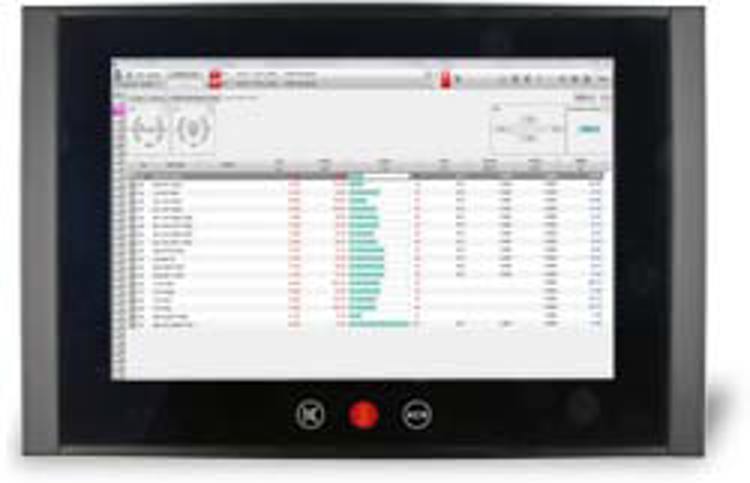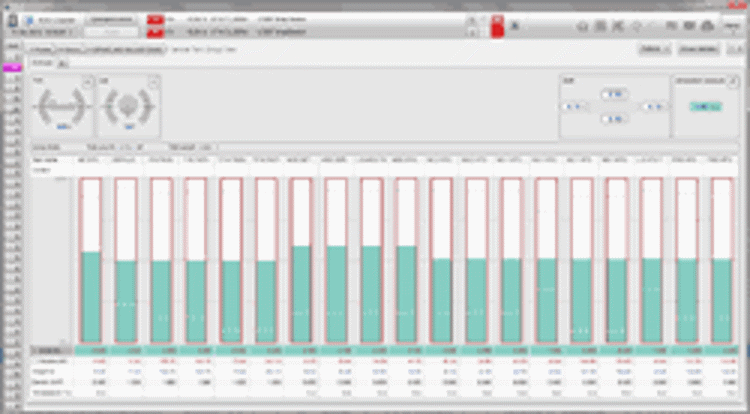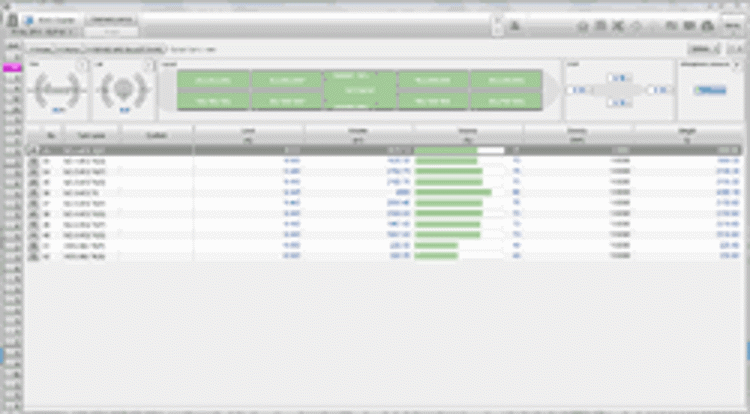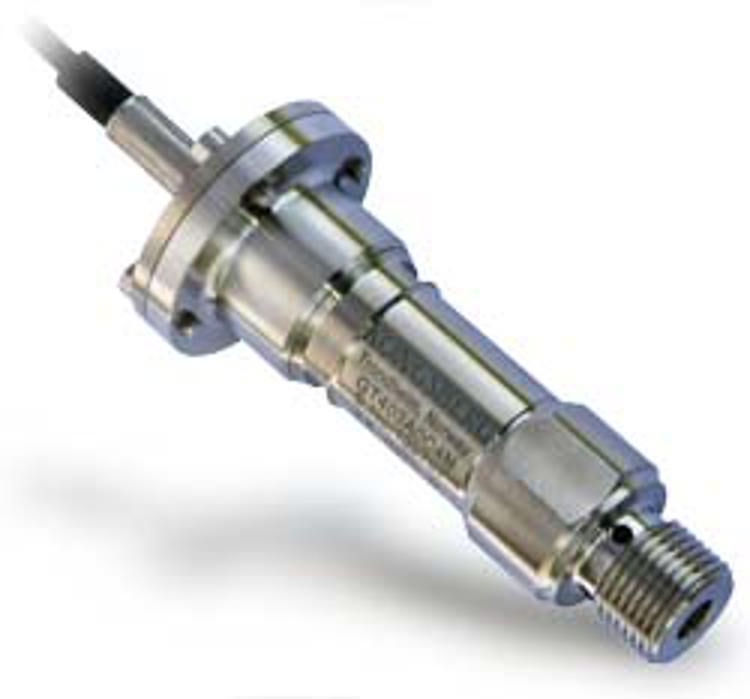
Ballast and service tank gauging
Ballast and service tank gauging
Integrated or stand alone
The system is designed for level gauging in ballast and service tanks. It can be interfaced to an Integrated Automation System or operate as a stand-alone system. All system components are designed and manufactured to work in a rugged marine environment. The system is type approved by all major classification societies.




Key features
- Individual level sensors, based upon rugged and accurate pressure transmitters made in titanium
- Level and volume presentation
- Standard corrections for vessel trim and list
- Atmospheric pressure correction as standard for installations with submerged level sensors
- Easy and inexpensive installation /refit
- At site configuration, simple alarm setting (level - high or low) and liquid density parameter setting
- Easy manual settings of specific sensor inputs in case of sensor failures
- Internal alarm buzzer and output for other alarm devices
- Delivered with 220/24V power supply as standard
Options
Our ballast and service tank gauging system has a flexible design and can be offered with the following optional features:
- Serial interface to other presentation systems or load calculator. The serial interface is RS232 or RS485 and is based on MODBUS protocol.
- Cabinet for wall mounting including power supply, zener-barriers, termination, etc.
- Monitoring of tank temperatures and miscellaneous pressures
- Inclinometer for trim and list
- Draft measurements
Lifecycle support for your vessel
-
24/7 Technical support
Our 24/7 technical support team is there to help at any time, day or night, wherever your vessel is.
-
Conversions, retrofit and refit
Upgrading and enhancing your vessel’s performance.
-
Training
Maximise crew efficiency and reduce downtime with expert training.